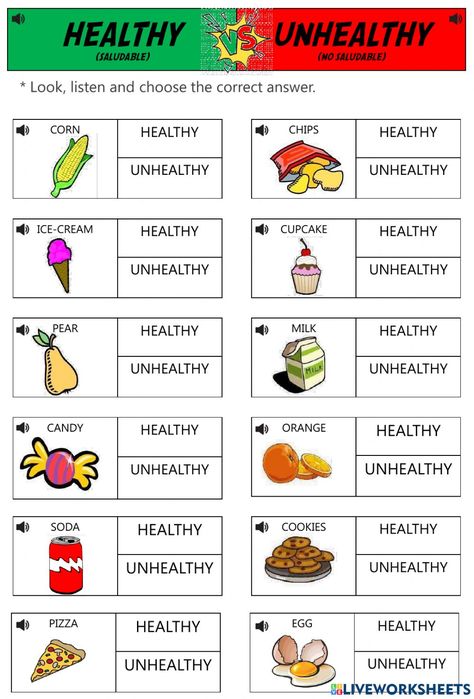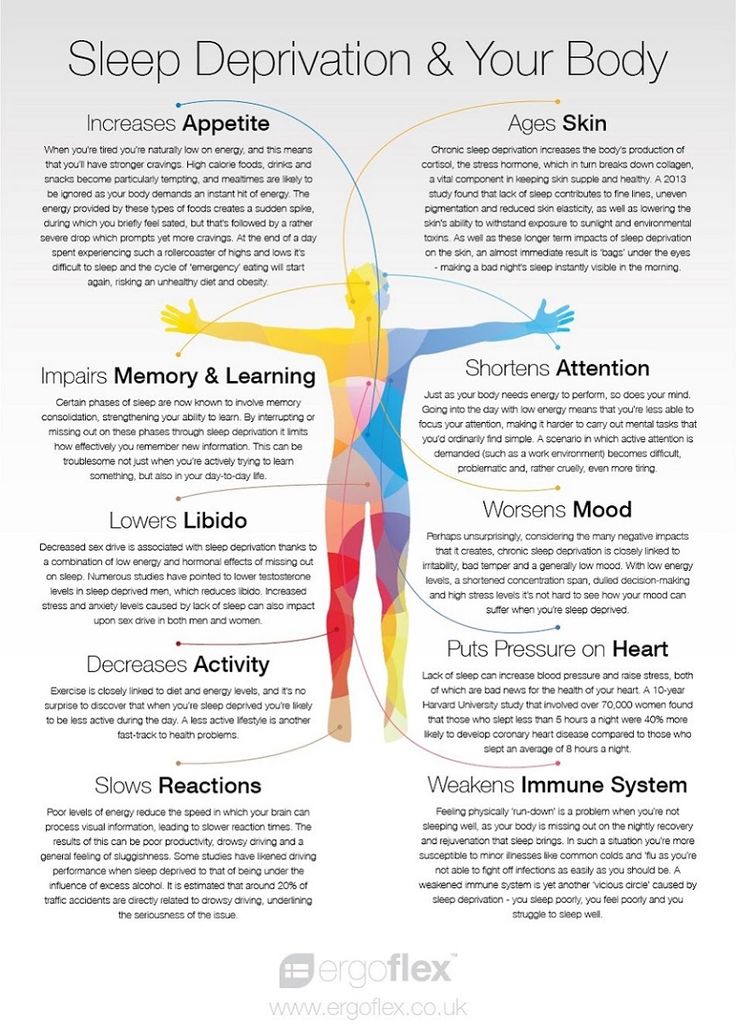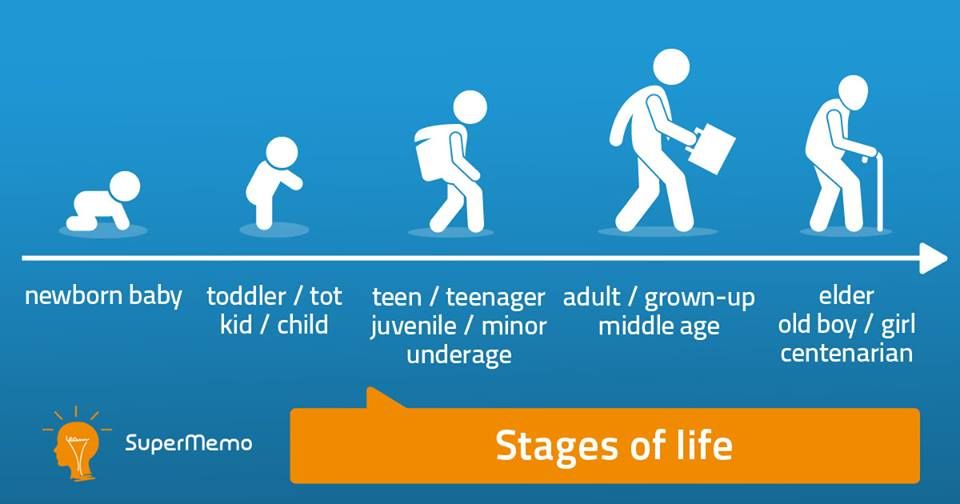Stress and memory loss
Can Stress Cause Memory Loss?
Long-term stress leads to elevated stress hormones that may impact areas of your brain responsible for memory and focus.
When students study for an exam, the stress of performing well may be motivating initially. But experiencing that stress for too long could have an impact physically and mentally.
During stressful situations, it can be difficult to create short-term memories and make them long term. It’s hard to remember information while stressed.
Chronic stress can alter the parts of the brain responsible for forming and recalling memories.
Stress can have positive and negative effects on memory. The difference lies in short-term or long-term stress, known as chronic stress.
“Short-term stress can help us with focus, energy, and attention,” says Ernesto Lira de la Rosa, a psychologist and the media adviser for Hope for Depression Research Foundation.
“It can help us get things done. This type of stress is useful for our survival as human beings. It can also positively contribute to our memory as this type of stress can enhance our attention and focus,” he says.
Our bodies are so good at helping us survive that they will adapt to our stressors, Lira de la Rosa says.
When you experience these stressors, your body shifts into a fight, flight, or freeze response, a physiological reaction to something your body has perceived as a threat. In these moments, our goal is to survive the situation at hand.
Lira de la Rosa also explains that our bodies can habituate to stress, and we may not be aware that our baseline has shifted to a chronic stress response.
During a chronic stress response, areas of the brain can be overstimulated, which can cause a person to forget what happened.
It explains why we may have difficulty recalling events when experiencing chronic stress. We may also have trouble focusing and remembering things over time.
“When you’re stressed, your body releases hormones that can interfere with your hippocampus’s ability to create new memories,” says Valentina Dragomir, a psychotherapist and founder of PsihoSensus. “Chronic stress can shrink the hippocampus, a brain region critical for memory formation.”
“Chronic stress can shrink the hippocampus, a brain region critical for memory formation.”
During stressful times, there are numerous things you can do to improve your memory. Stress can affect everyone differently, but various coping strategies may help you based on your unique experience.
Consider speaking with a healthcare professional who can support you in finding strategies that best fit your needs. The following are some suggestions to consider.
Try taking inventory of how you respond to stress
Lira de la Rosa recommends that you observe the following:
- Examine what effects stress has on your body (physical sensations), such as headaches, stomachaches, muscle tension, etc.
- How does stress impact your mindset (thinking), such as difficulty with focus, prioritizing, forgetfulness?
- Note how stress impacts your mood. Are you feeling irritable, sad, anxious, angry, emotionally drained?
- Examine how stress impacts your behaviors.
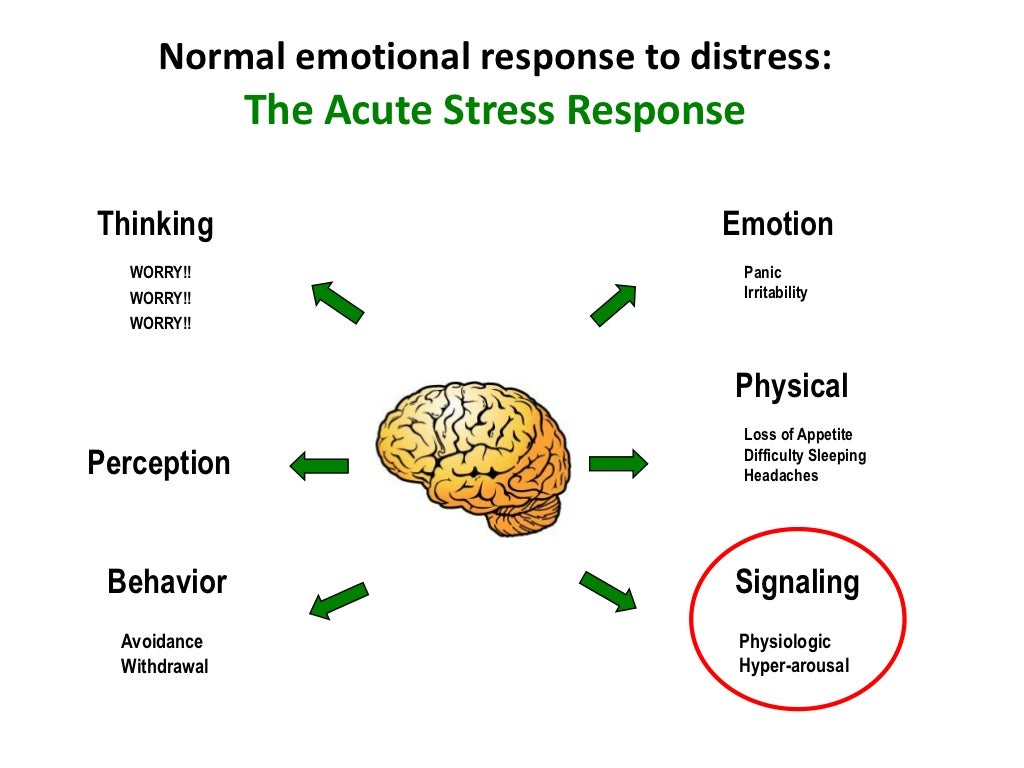 For example, do you find yourself always in a hurry, eating too fast, not taking breaks, etc.?
For example, do you find yourself always in a hurry, eating too fast, not taking breaks, etc.?
Once you take inventory, you might begin to notice how stress impacts you across these four dimensions. This may help you address these areas to reduce stress and help with your memory.
Try this to-do list exercise
“When we’re stressed, we may not be able to get things done because we feel overwhelmed. Or perhaps we may not be able to focus and concentrate due to the negative impact stress has on our memory,” Lira de la Rosa explains.
Consider the following to-do list exercise to help you prioritize the most important tasks to you.
Divide your to-do list into A, B, and C sections.
- In the “A” list, write down the most important tasks that should be done soon.
- In the “B” list, write down the less important tasks that can be done later.
- In the “C” list, write down the least important tasks that can be done quickly and easily.
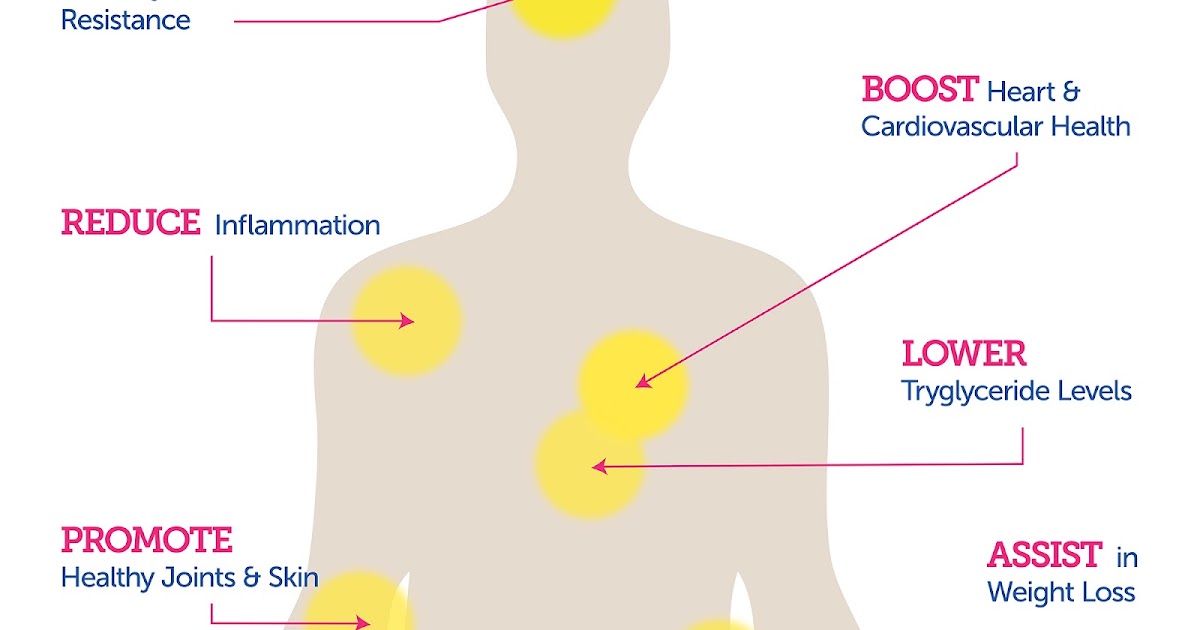
Work through the A, B, and then C tasks in order.
Consider having a separate sheet of paper and keep track of distractions that may arise. Every time you’re distracted, write down the distractions on this sheet.
Once you are finished with your A, B, and C tasks, you can then add the distractions to your to-do list. This to-do list can help with your memory, especially if you find yourself easily distracted and forgetful when trying to accomplish tasks.
Consider prioritizing time to care for you
When we’re stressed, exploring what fills our cups can help us cope with stressors. Consider thinking about what helps you feel recharged.
If you like, you can write down the activities that recharge you and observe how engaging in these activities makes you feel. This exercise may help improve your memory and reduce your stress.
You may also consider breaking it into different categories, such as:
- leisure time
- relationships
- health
- work
- education
- volunteering
Try eating a balanced diet
Taking care of your body is essential.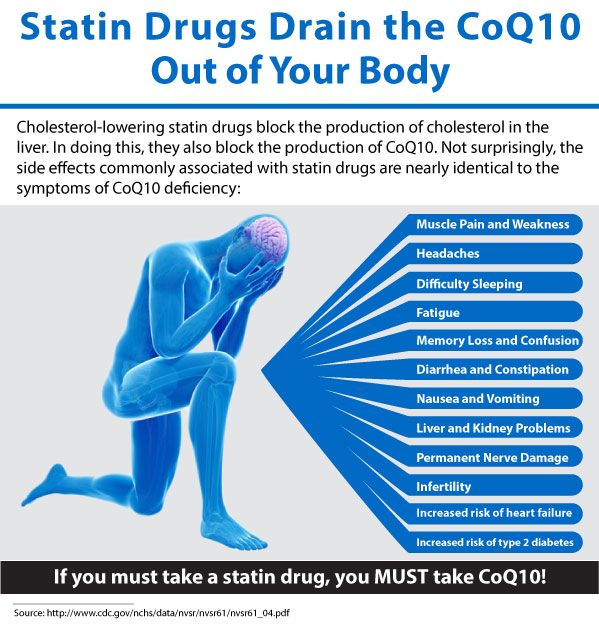 Consider incorporating stress-relieving foods into your daily meals to help you manage your stress levels.
Consider incorporating stress-relieving foods into your daily meals to help you manage your stress levels.
“Make sure that adequate nutrition is being consumed,” Dragomir recommends. “This is how you support your body with enough nutrients that are also useful for memory and cognitive function overall.”
Consider practicing healthy coping mechanisms
When you’re feeling overwhelmed by stress, it can be hard to focus and think about anything else. An effective way to reduce your stress levels is to practice relaxation techniques such as deep breathing or meditation.
“Relaxation techniques decrease overall levels of stress,” says Dragomir. “So, when you feel stressed, breathe. One very popular breathing exercise is to inhale through your nose counting to 4, and exhale through your mouth counting to 6.”
Try to get more rest
It may be difficult to concentrate and remember things when you’re tired and don’t get enough REM or deep sleep.
“Getting adequate sleep will help improve your focus and memory recall. An average of 8 hours of sleep per night is recommended for best results,” Dragomir states.
An average of 8 hours of sleep per night is recommended for best results,” Dragomir states.
The relationship between stress and memory can be complex. While experiencing mild stress can work in your favor — helping you store and retrieve information — too much stress can impact your memory and focus.
Still, the effects of chronic stress on the brain can be mitigated with stress reduction techniques. Taking care of your body with proper nutrition and rest and taking care of your mind with relaxation techniques can help with cognitive function and memory recall.
You may also consider online therapy or mental health apps to discover ways to be supported during stressful times.
When should you worry about frequent forgetfulness?
We’ve all been there. You know what you want to say, but can’t remember the word. You forget the name of a favorite movie. You’re about to leave for an appointment, but you can’t find your car keys or phone.
Frequent forgetfulness or memory lapses often leave people worrying about dementia, diseases such as Alzheimer’s or other incurable, progressive conditions. But that’s not always the case.
But that’s not always the case.
“Forgetting why you walked into a room on occasion, difficulty recalling the name of someone you just met or having a word on the tip of your tongue that later comes to you is typically not concerning,” said Lyndsay Mentgen, APRN, with OSF HealthCare Illinois Neurological Institute. “However, if memory loss starts to affect daily functioning – for example, missing appointments or forgetting to take medications – further evaluation is recommended.”
Common causes
Many common conditions and even some substances can cause forgetfulness. Lyndsay shared some:
- Depression, anxiety and stress – “These are common causes of forgetfulness,” Lyndsay said. “Stress and mood disturbances can act as a distraction and make it difficult to focus, which can lead to memory problems.”
- Medications – These can include but aren’t limited to over-the-counter sleep aids, allergy medications, overactive bladder medications and pain medications (specifically narcotics).
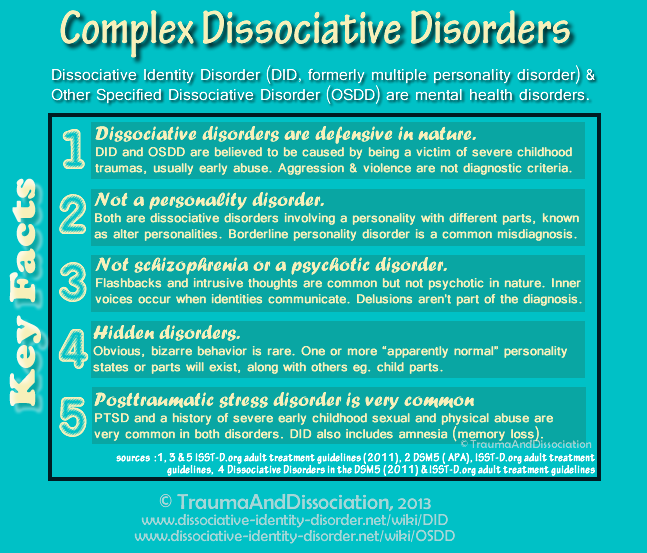
- Sleep issues – “Insomnia or untreated sleep apnea can affect thinking and memory skills,” she said. “Healthy sleep practices, treating underlying causes of sleep problems or being evaluated for sleep apnea might help these symptoms.”
- Vitamin deficiencies or thyroid abnormalities
- Excessive alcohol consumption
- Chronic pain
- Vision or hearing loss
“These problems can give a false impression of memory loss,” Lyndsay said.
When it’s more than just forgetfulness
When someone experiences forgetfulness, their initial fear may be dementia.
“A common misconception is that dementia is just a normal part of aging,” Lyndsay said. “But dementia is a loss in function that happens earlier or faster than what we see in normal aging.”
The most common cause of dementia over the age of 65? Alzheimer’s disease. Typical symptoms of Alzheimer’s disease include forgetting recent events or conversations, repetition or getting lost in familiar places.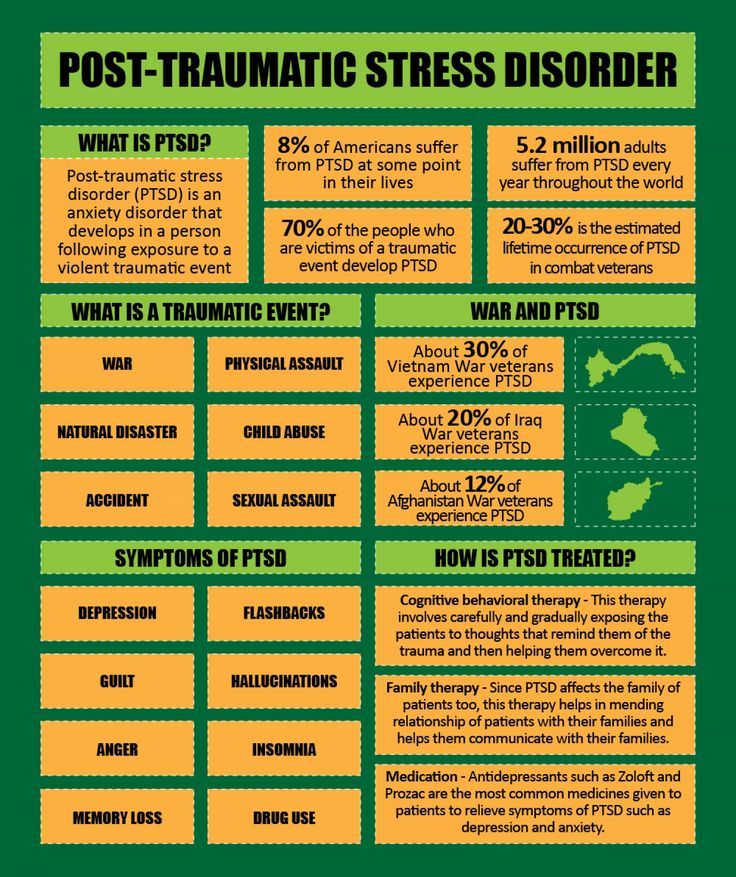 People who have Alzheimer’s disease usually don’t recognize that they are having these problems.
People who have Alzheimer’s disease usually don’t recognize that they are having these problems.
Another common cause of dementia is cerebrovascular disease, or damage to the blood vessels in the brain. This damage can be due to strokes and many of the same things that cause heart disease – for instance, poorly controlled high blood pressure, high cholesterol, diabetes and smoking.
While there is no way to reverse the damage that has been done, working to manage these conditions and healthy lifestyle changes can help to minimize the risk.
“No matter the cause of dementia, when there is memory loss, safety is a primary concern,” Lyndsay said. “Monitoring how a person is managing their medications and finances and observing driving skills can help identify problems that could become early safety issues.”
What to expect
If you are concerned about forgetfulness in yourself or a loved one, making an appointment with your primary care provider is the first step. When you meet with your provider, having examples of your memory loss can be very helpful. You will also be asked about sleep habits, mood changes and physical changes such as dizziness, tremor or falls.
When you meet with your provider, having examples of your memory loss can be very helpful. You will also be asked about sleep habits, mood changes and physical changes such as dizziness, tremor or falls.
And don’t delay. Sudden memory loss or confusion could also indicate a more serious problem such as a stroke or serious infection.
“Screening tests for memory and other cognitive skills are an important part of an evaluation, but these tests alone do not give a diagnosis,” Lyndsay said. “Findings of your physical exam, blood work and brain imaging are also considered. Further testing may be recommended.”
Whether it’s concern for yourself or for a loved one, having another person at the appointment can help you share needed facts.
“It can be extremely helpful to have a friend or family member with you to provide an outside perspective of changes they may have seen,” Lyndsay said.
Preventing memory loss and forgetfulness
Living a healthy lifestyle is important for brain health.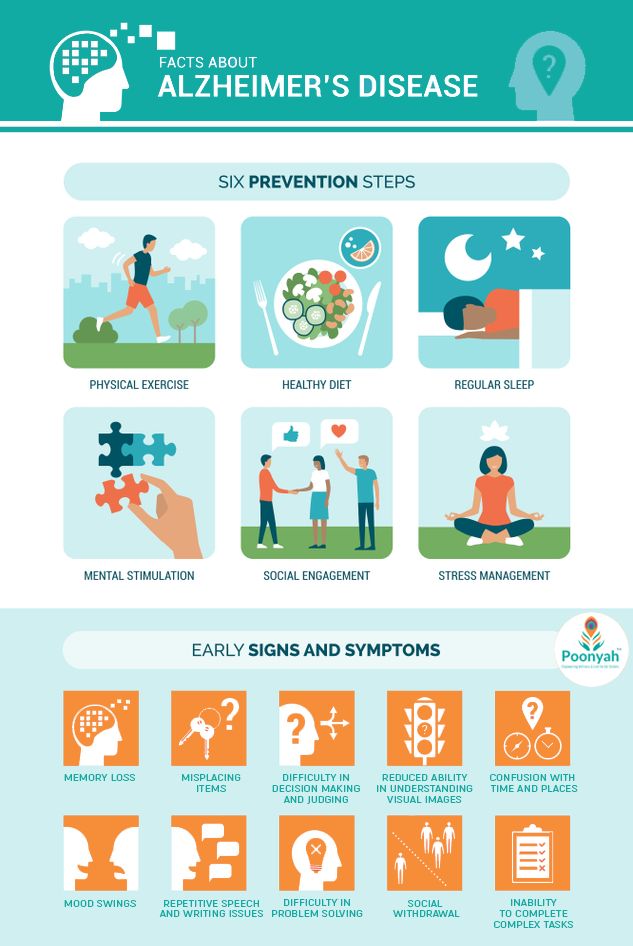 Some ways that you may be able to slow memory loss and cut down on forgetfulness are:
Some ways that you may be able to slow memory loss and cut down on forgetfulness are:
- Healthy eating – Lyndsay said the MIND diet is beneficial for brain health. The MIND diet incorporates the DASH and Mediterranean food plans, which encourage eating brain-protecting foods such as fish, chicken, nuts and green leafy vegetables while avoiding processed foods and foods high in sugar and saturated fat.
- Exercise – Even low-impact exercise like walking 30 minutes a day five times a week can help.
- Staying active cognitively – Try mentally stimulating activities like reading, playing games, solving puzzles or learning a new hobby. The more challenging, the better.
- Socializing (safely, of course) – Social isolation can cause unhealthy stress and lead to depression. Forming and maintaining strong connections helps reduce stress and improve mood.
“I would encourage anyone concerned about forgetfulness or any other change in their ability to function normally to see their primary care provider,” Lyndsay said.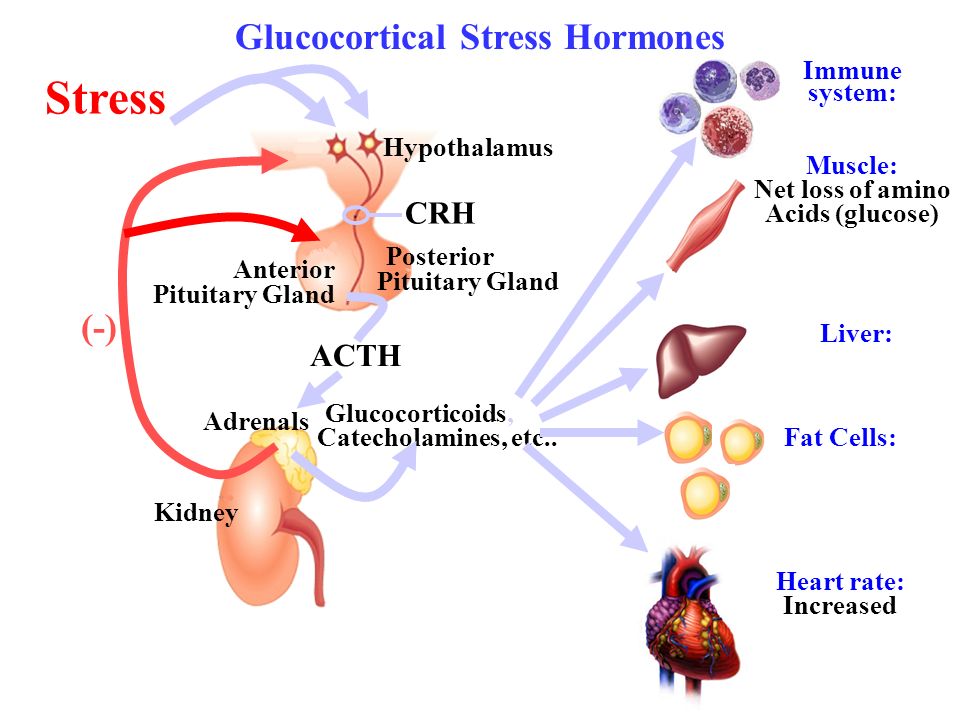 “Taking the steps to identify and manage reversible or treatable causes may improve memory and provide better health in general.”
“Taking the steps to identify and manage reversible or treatable causes may improve memory and provide better health in general.”
Last Updated: April 20, 2022
View all posts by Nancy Piccione
Tags: brain, depression, diet, sleep
Categories: Brain & Spine, Mental Health
Fight, Run, Forget: A Neuroscientist on How Stress Affects Memory
Short-term and moderate stress promotes the formation of memories, but makes them difficult to retrieve. What if the stress is prolonged? With the permission of the publishing house "Azbuka" we publish an excerpt from the book by Lisa Jenova "How Memory Works"
Lisa Jenova is a neuroscientist and author of Still Alice, a novel about a scientist suffering from dementia (which was made into a 2014 film of the same name starring Julianne Moore).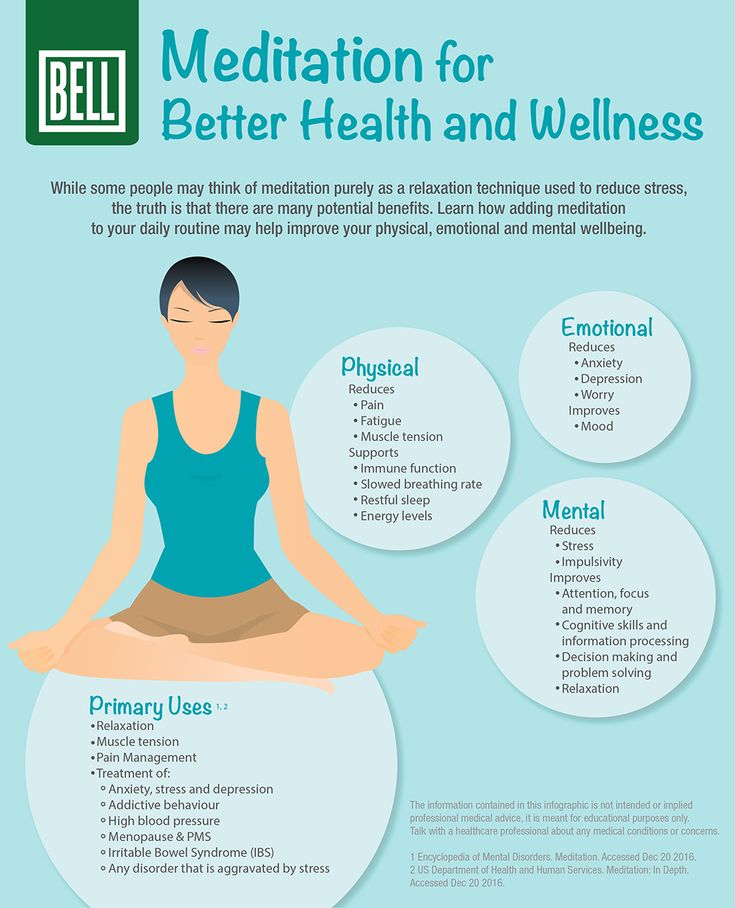 Her book How Memory Works is non-fiction about how we remember and forget. “We can form reasonable expectations and improve our relationship with our memory. We no longer need to be afraid of her. And it can change our lives,” says Liza Jenova. We publish an excerpt about what happens to our memory in a stressful situation.
Her book How Memory Works is non-fiction about how we remember and forget. “We can form reasonable expectations and improve our relationship with our memory. We no longer need to be afraid of her. And it can change our lives,” says Liza Jenova. We publish an excerpt about what happens to our memory in a stressful situation.
But how does severe stress affect memory? In short, it helps to form new memories of the stressful situation in which you find yourself, but interferes with the retrieval of previously formed memories from memory. However, it is worth considering the impact of stress in a little more detail, since there are interesting nuances here.
An acute stress reaction usually contributes to the formation of new memories. First, brief exposure to a stressor sharpens attention, and as you have seen in previous chapters, attention plays an important role in the formation of memories.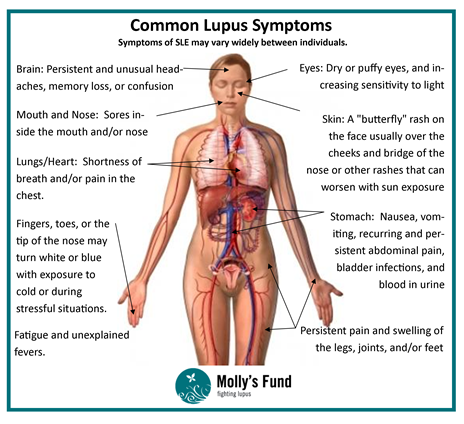 Second, adrenaline and cortisol not only mobilize the body and brain for immediate action, but also increase the production of a neurotransmitter in the amygdala called norepinephrine (norepinephrine) . In response, the amygdala sends a signal to the hippocampus, which translates something like this: “Hey, this stressful situation that is happening right now is probably very important - consolidate the information! Form a memory! Cortisol also directly affects receptors in the hippocampus, enhancing memory consolidation.
Second, adrenaline and cortisol not only mobilize the body and brain for immediate action, but also increase the production of a neurotransmitter in the amygdala called norepinephrine (norepinephrine) . In response, the amygdala sends a signal to the hippocampus, which translates something like this: “Hey, this stressful situation that is happening right now is probably very important - consolidate the information! Form a memory! Cortisol also directly affects receptors in the hippocampus, enhancing memory consolidation.
Thus, if we consider a single, short-term stressful event, then stress contributes to the formation of memory. If people were injected with cortisol before viewing stress-inducing images, then on subsequent testing, it turns out that they remembered these images better. Without adrenals, you would be less likely to remember information and events that happened when you were stressed than people with adrenals.
Related material
An acute stress response helps to form new memories, but does not enhance the ability to remember all . The fight-or-flight state sharpens and simultaneously narrows our senses and attention, and so the range of detail available for memory consolidation also narrows. Thus, we better remember the basic information regarding this stressful situation, and much worse - not so significant details. For example, if you witnessed an armed bank robbery (high stress), you would likely remember the vivid details about the gun (the main source of your stress), but not the number of people in the bank or the appearance of the employees.
In addition, an acute stress reaction contributes to the formation of memory about the main events of a stressful situation, but not neutral information.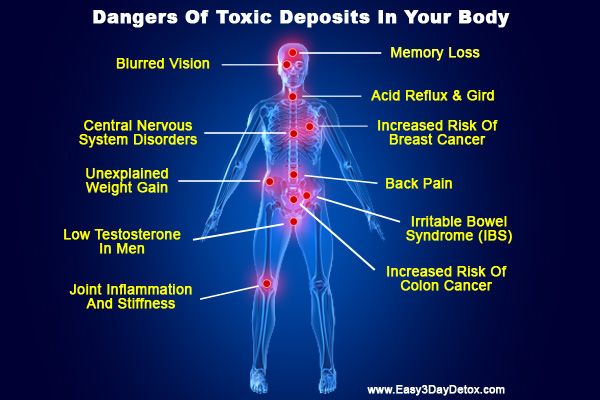 When participants were injected with adrenaline and then shown neutral images, they remembered them no better than people in the control group, who were injected with saline instead of adrenaline. Stress also does not improve the formation of memories unrelated to the stressor. Let's say you're a student and you're preparing for a physics exam due tomorrow morning. You need to memorize a large amount of complex information, time is running out, and you want to get the highest score on the exam. All this creates stress that helps you remember the information you are trying to learn. But if a roommate interrupts your class to talk about his trip to Iceland, increased stress levels won't enhance your ability to form a memory of the story you heard. The roommate's story about Iceland is not related to the stress you're feeling about the upcoming exam.
When participants were injected with adrenaline and then shown neutral images, they remembered them no better than people in the control group, who were injected with saline instead of adrenaline. Stress also does not improve the formation of memories unrelated to the stressor. Let's say you're a student and you're preparing for a physics exam due tomorrow morning. You need to memorize a large amount of complex information, time is running out, and you want to get the highest score on the exam. All this creates stress that helps you remember the information you are trying to learn. But if a roommate interrupts your class to talk about his trip to Iceland, increased stress levels won't enhance your ability to form a memory of the story you heard. The roommate's story about Iceland is not related to the stress you're feeling about the upcoming exam.
The intensity of the stress experienced is also important. If we were to draw a relationship between perceived stress and memory formation, the graph would look like an inverted letter U . When the stress of an upcoming physics exam is too low, a little activation of the amygdala is not enough to increase memory consolidation in the hippocampus. Too much stress will cause overload, and you will lose the ability to focus and process any information. Thus, for the formation of memories associated with a stressful situation, there is an optimal level of temporary stress, and this level varies from person to person. Some cope well with severe stress, others can not withstand even mild pressure.
When the stress of an upcoming physics exam is too low, a little activation of the amygdala is not enough to increase memory consolidation in the hippocampus. Too much stress will cause overload, and you will lose the ability to focus and process any information. Thus, for the formation of memories associated with a stressful situation, there is an optimal level of temporary stress, and this level varies from person to person. Some cope well with severe stress, others can not withstand even mild pressure.
Temporary stress can contribute to the formation of new memories, but at the same time, stress impairs the ability to retrieve information from memory that is already stored in your brain. Imagine you are preparing for your final exam. You memorized the material. You are confident and ready for the challenge ahead. But at the threshold of the audience, you are suddenly overcome with excitement. The heart is ready to jump out of the chest, the palms are sweaty, an emptiness has formed in the stomach.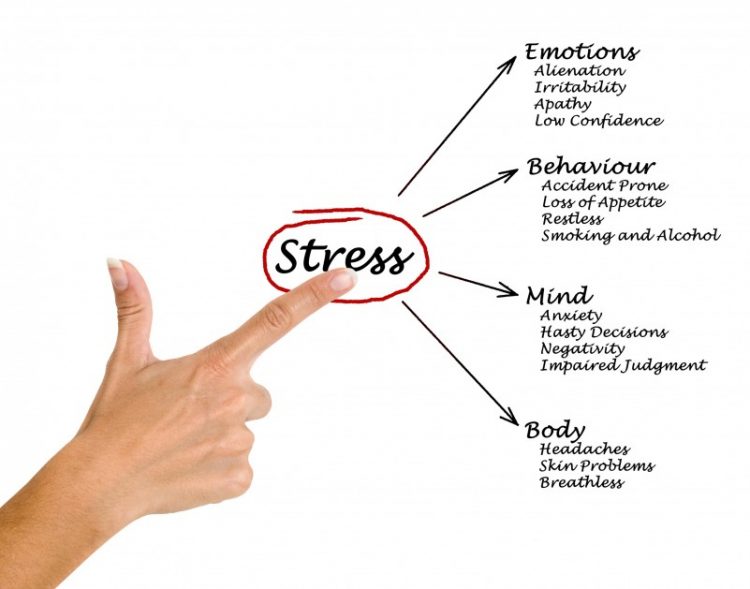 You read the first question of the ticket and can't remember anything. You realize that you know the answer, but the brain is not able to extract it. The predicament you find yourself in only adds to the stress.
You read the first question of the ticket and can't remember anything. You realize that you know the answer, but the brain is not able to extract it. The predicament you find yourself in only adds to the stress.
Numerous studies have shown that stress makes it difficult to retrieve information from memory. For example, if participants in an experiment were injected with cortisol, they had more difficulty remembering previously learned information than people in the control group who were injected with saline instead of cortisol. If the body's production of cortisol is blocked, then the extraction of information stored in memory occurs normally.
Thus, short-term and moderate stress promotes the formation of memories, but makes it difficult to retrieve them. But what happens if you experience stress regularly or constantly, like most of us? Maybe chronic stress is also good for memory? No. In fact, constant stress is a real disaster.
In fact, constant stress is a real disaster.
Related material
This is what is happening. Let's assume that the stressor does not disappear anywhere - a despotic boss, an abusive partner, a sick child. Or you're constantly bombarded with new stresses - you got into a car accident and broke your arm, and then lost your job and can't pay your bills. The fight-or-flight response occurs over and over again, and each time cortisol is released into the bloodstream. The "check valve" in your hypothalamus will soon become desensitized to the presence of such high levels of cortisol and stop responding to it. As a result, the stress response will remain on. Now your body and brain are like a runaway train - the body is constantly in a "fight or flight" state.
This has a negative effect on memory. When chronic stress constantly sends alarm signals to the amygdala, too much time and energy is spent in the primitive, emotional brain, and not in those parts that are responsible for thinking. Stress suppresses the activity of the prefrontal cortex, impairing the ability to think. You can react instantly without wasting time evaluating options, which is very useful when you need to immediately escape from a lion. But with chronic stress, it is difficult to ensure clarity of thought.
Stress suppresses the activity of the prefrontal cortex, impairing the ability to think. You can react instantly without wasting time evaluating options, which is very useful when you need to immediately escape from a lion. But with chronic stress, it is difficult to ensure clarity of thought.
Even more disturbing is the fact that under constant stress you begin to lose hippocampal neurons. You have probably heard that if a neuron dies in an adult, then it is no longer restored - that is, that adult brain cells cannot regenerate. This notion was debunked in the 1990s. Neurogenesis (growth of new neurons) occurs throughout life in different parts of the brain, and is especially intense in the hippocampus ... unless your hippocampus is constantly splashing in a bath of cortisol. Chronic stress suppresses neurogenesis in the hippocampus. So if you're under constant, unrelenting stress, your hippocampus shrinks, which means fewer neurons are available for memory consolidation, weakening your ability to form new memories.
With constant exposure to stress and cortisol, hippocampal neurons also become vulnerable to other afflictions such as stroke or Alzheimer's disease. In a 35-year study of perceived stress levels that included 1,100 women aged 38 to 60, it was found that those who complained of chronic stress had a 65 percent higher risk of developing Alzheimer's disease. Another study showed that people suffering from chronic stress were twice as likely to develop Alzheimer's disease compared to those who did not complain of stress, and in addition, people under chronic stress were 10 times more likely to develop cognitive impairment. violations in the next 5 years.
Related material
Chronic stress is bad for memory. But modern life is full of stress. We cannot influence world politics, the weather, the onset of the next pandemic.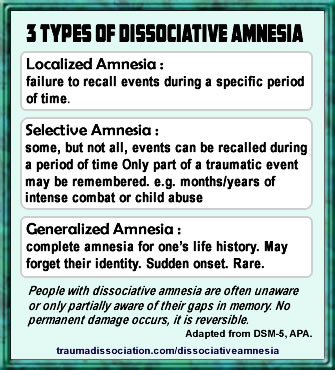 It's not in your power to fire a domineering boss, push back a deadline, get rid of the seemingly endless traffic jam you're stuck in. You can't keep stress out of your door all day. What to do? Are we doomed to live in anxiety, with sweaty palms, a shrinking hippocampus floating in a soup of ineffective cortisol, unable to remember what we just read because we are so stressed?
It's not in your power to fire a domineering boss, push back a deadline, get rid of the seemingly endless traffic jam you're stuck in. You can't keep stress out of your door all day. What to do? Are we doomed to live in anxiety, with sweaty palms, a shrinking hippocampus floating in a soup of ineffective cortisol, unable to remember what we just read because we are so stressed?
We cannot eliminate stress from our lives, but we can significantly influence how our brain and body react to the particular stressful situation we find ourselves in. Yoga, meditation, healthy eating, exercise and mental practices, gratitude and compassion can all help you become less reactive, reduce your out-of-control stress response, and stay healthy in the face of toxic anxiety. All of these have been shown to reduce chronic high blood pressure, inflammation, anxiety, and perceived stress. They also restore cortisol levels. In addition, these enemies of chronic stress improve memory by enhancing neurogenesis in the hippocampus. For example, the hippocampus of people who meditated 30 minutes a day for eight weeks increased significantly compared to what it was before starting this daily practice. In a control group of people of the same age who did not meditate, the size of the hippocampus remained the same. Regular exercise has the same effect.
For example, the hippocampus of people who meditated 30 minutes a day for eight weeks increased significantly compared to what it was before starting this daily practice. In a control group of people of the same age who did not meditate, the size of the hippocampus remained the same. Regular exercise has the same effect.
Long stress erases memory | Science and Life
Prolonged psychological stress, acting through the immune system, affects the state of memory centers in the brain.
Researchers at Ohio State University report in their paper in The Journal of Neuroscience that long-term stress is bad for short-term memory. In other words, what we remember, for example, from childhood, we will remember, but something we just read, or some urgent task, may well fly out of our heads - if we are in prolonged psychological stress. However, to say “we” here means to somewhat overtake events: so far, experiments have only been performed on mice.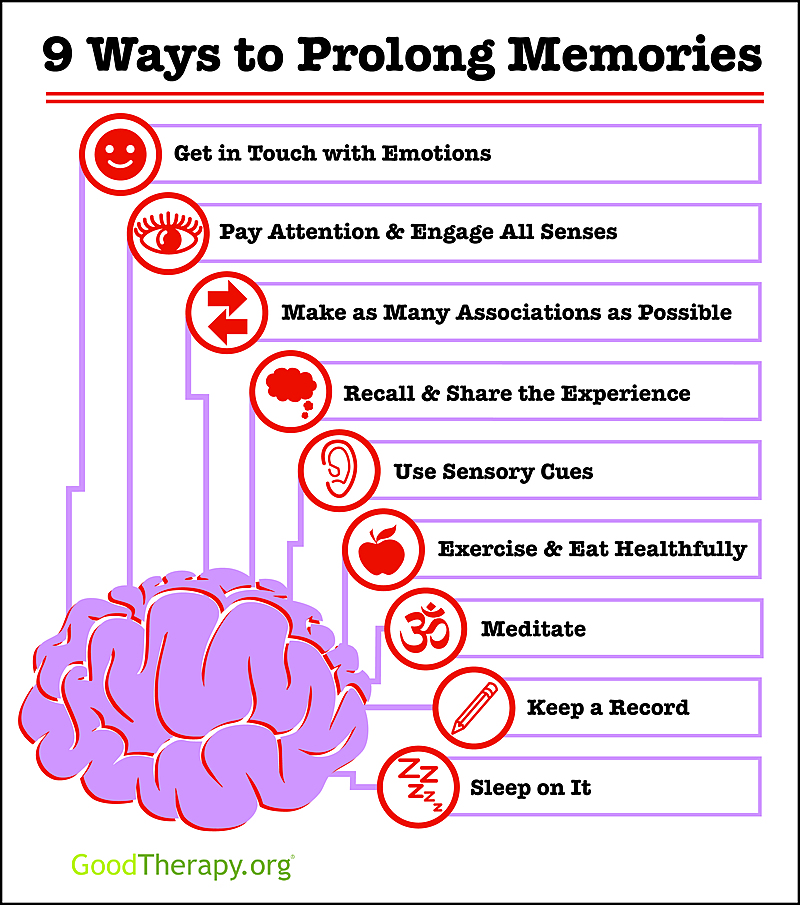
Hippocampus and other subcortical structures of the human brain; the hippocampus is stained purple. (Photo by Fernando Da Cunha / BSIP / Corbis.)
Hippocampal neurons. (Photo -17- / Flickr.com.)
‹
›
View full size
First, Jonathan P. Godbout ( Jonathan P. Godbout ) and his colleagues taught mice to find a way out of the maze, and after the animals remembered where to go, a larger and more aggressive “guest” was placed several times in a row. The mice soon showed the tell-tale signs of psychological stress: they became anxious, avoided social contact altogether, and so on. But, most importantly, they forgot their way out of the maze. Those who were not satisfied with stress remembered the right way, as before. Memory problems continued for several more weeks after the mice were no longer frightened by a brazen and strong neighbor.
At the same time, signs of inflammation appeared in the brains of stressed animals, in particular, the number of macrophage immune cells increased. Particular attention was paid to the hippocampus, an area of the brain that serves as one of the main centers of memory and is simultaneously involved in emotional reactions. (Naturally, the connection between psychological stress and memory was primarily sought in it.)
Particular attention was paid to the hippocampus, an area of the brain that serves as one of the main centers of memory and is simultaneously involved in emotional reactions. (Naturally, the connection between psychological stress and memory was primarily sought in it.)
For some time after stress, fewer new neurons appeared in the hippocampus than usual. When the mice were given an anti-inflammatory drug, memory problems disappeared and the number of macrophages in the hippocampus decreased, although depressive behavior and problems with new nerve cells persisted.
The general conclusion is this: stress through the immune system increases the inflammatory background in the brain, which, in turn, weakens short-term memory - at least that part of it that relates to spatial orientation. The connection between stress and inflammation is now being actively explored by all possible methods, since the inflammatory reaction, although not very strong and sluggish, can cause a lot of trouble, increasing the likelihood of a variety of diseases, including diabetes and cancer.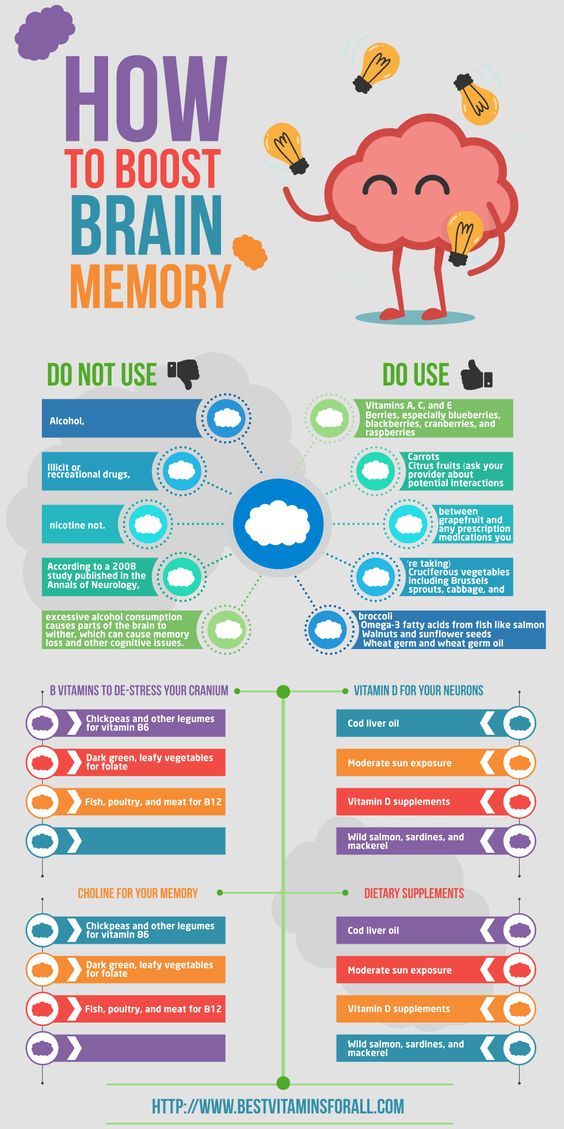
However, it should be noted that regarding stress and memory, it is still clear far from everything. So, in 2013, in PLoS ONE , an article was published that said that the effect of stress here depends on its amount: first, long-term memory worsens, then, if stress increases, and short-term - that is, stress erases any memory, and not just short-term. True, those experiments were generally performed on snails, but the authors of the study argued that their conclusions are true for all animals with a more or less complex memory.
On the other hand, in the same 2013, researchers from the University of California at Berkeley published the results of experiments with rats in which animals were subjected to sharp short-term stress - and it turned out that this did not depress, but, on the contrary, stimulated the emergence of new neurons in the hippocampus. Most likely, it's all about the variety of stressful conditions, which can differ in strength, duration and variety, and the body's response to stress will be somewhat different each time.


